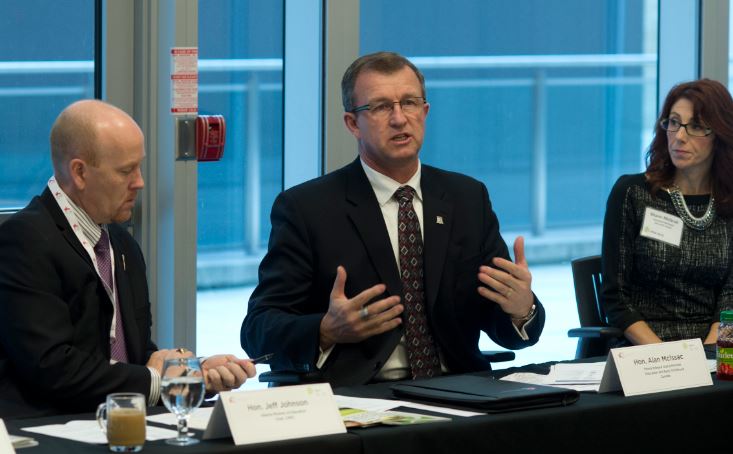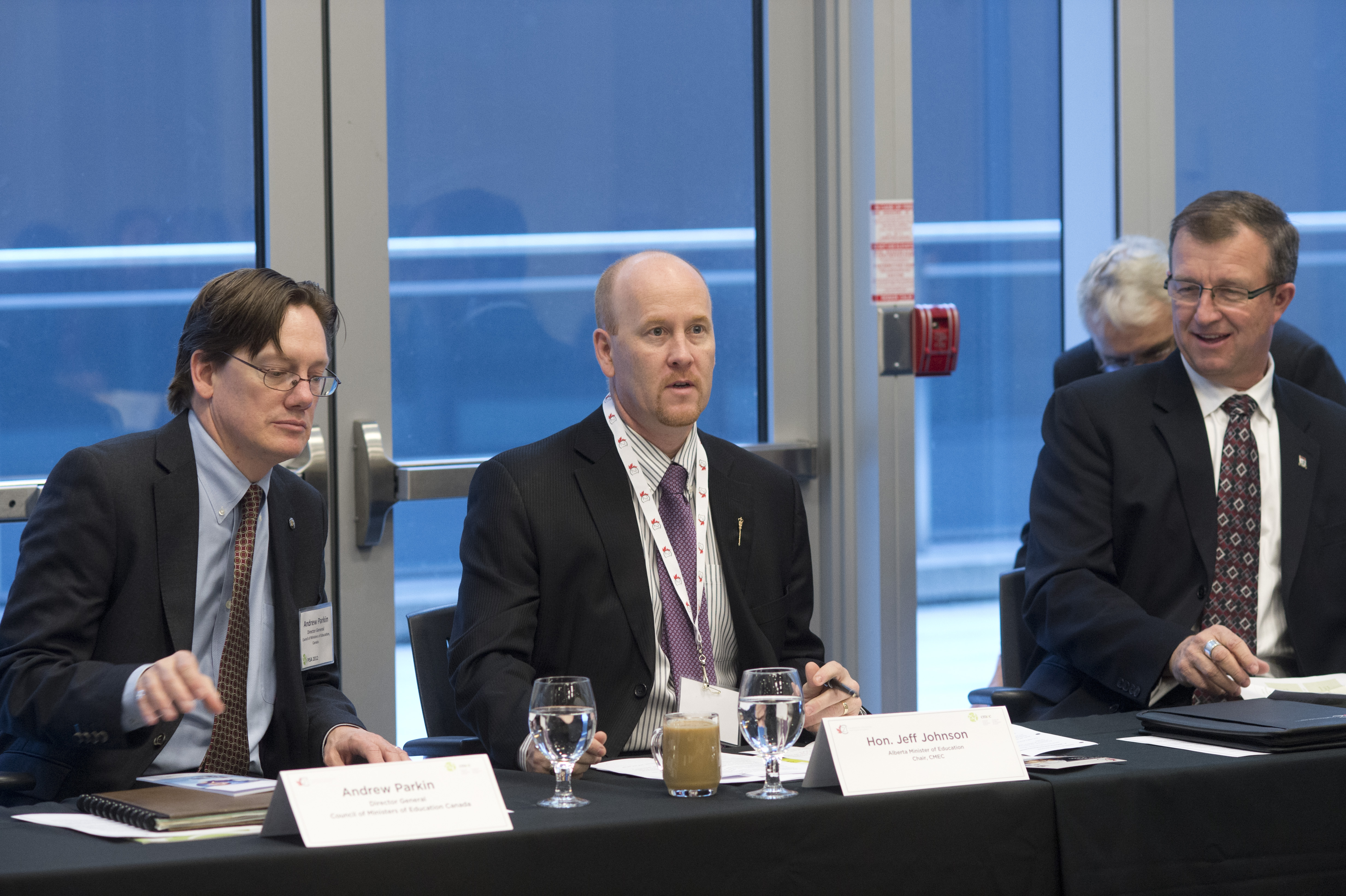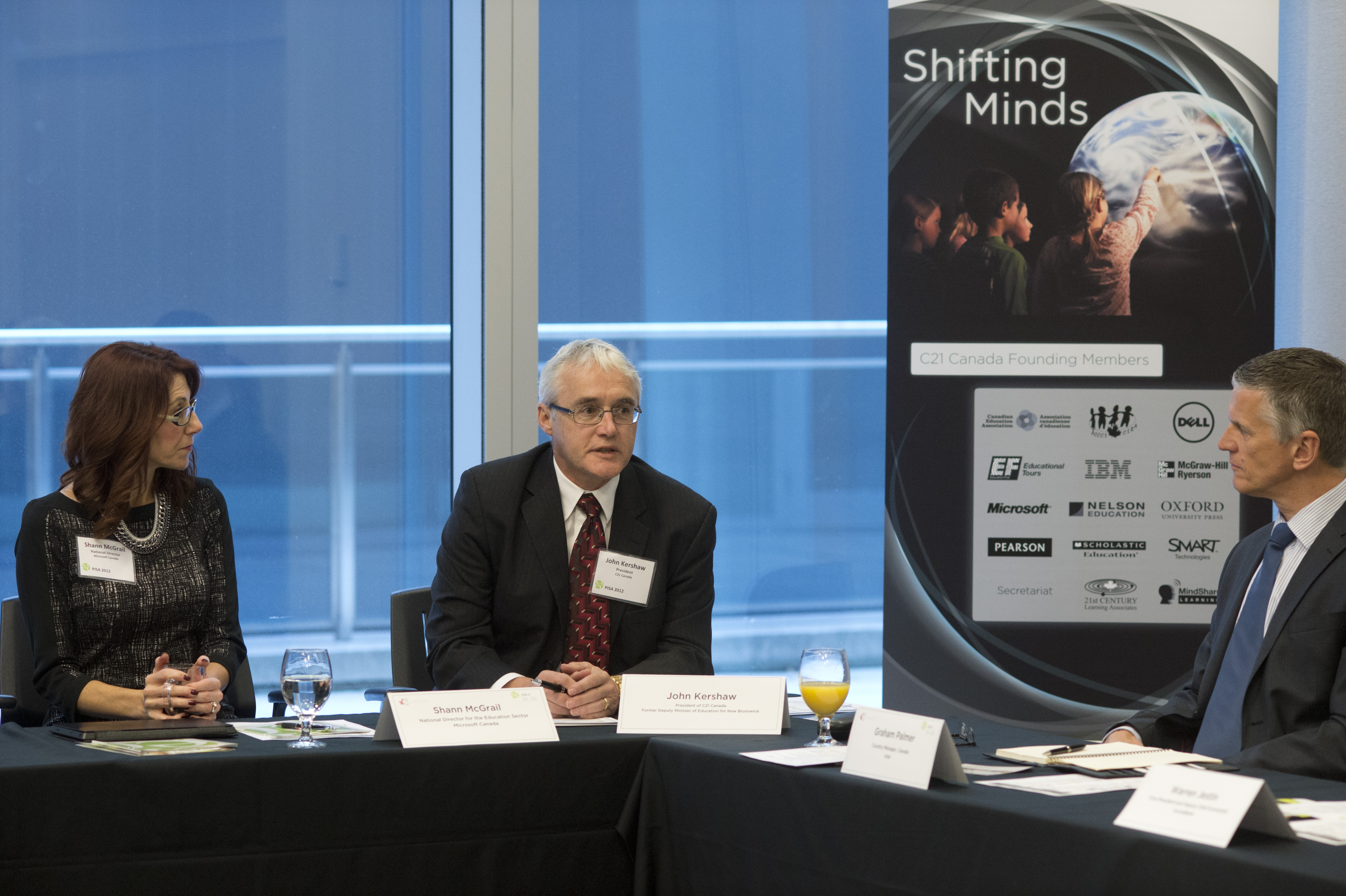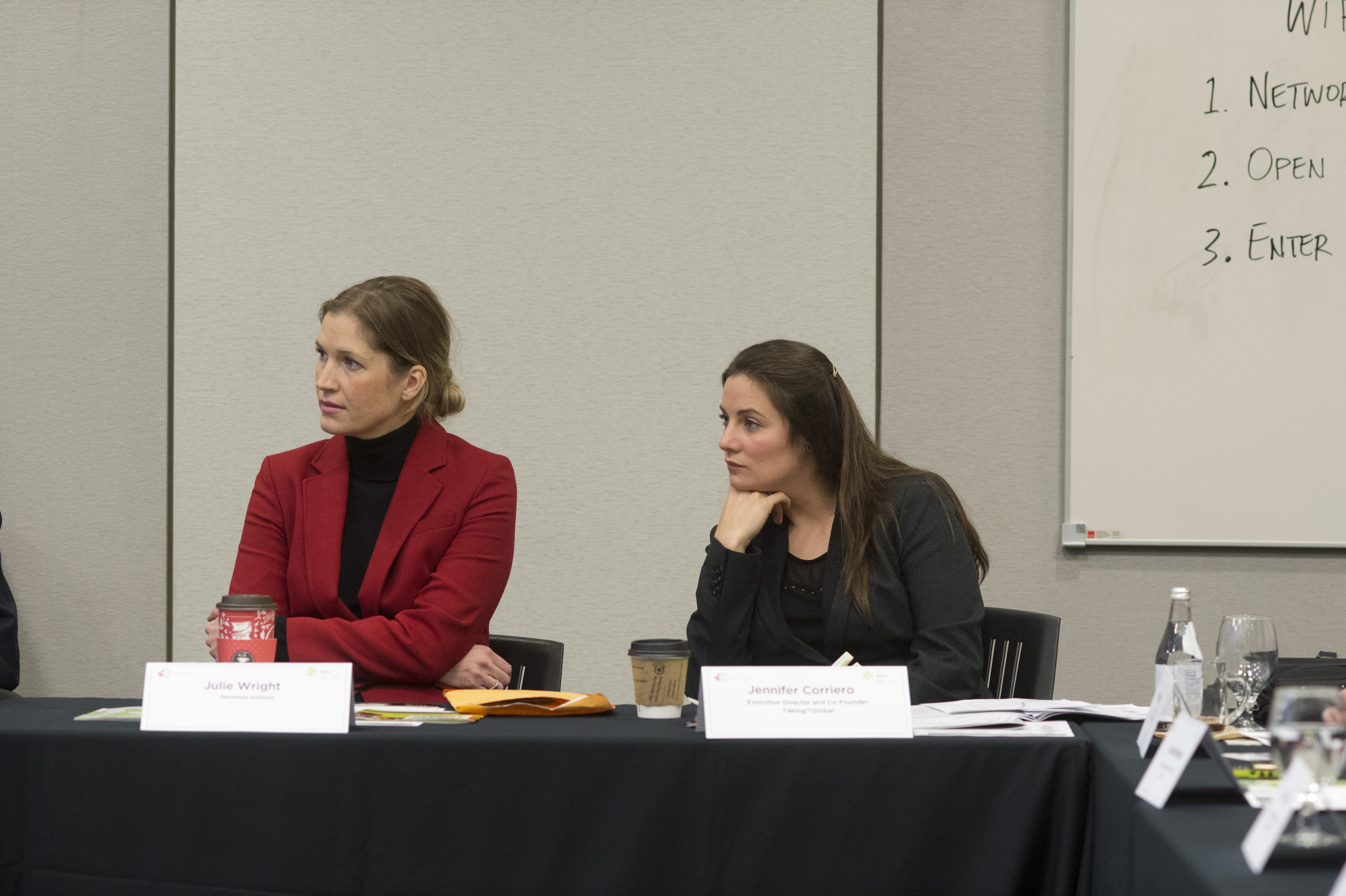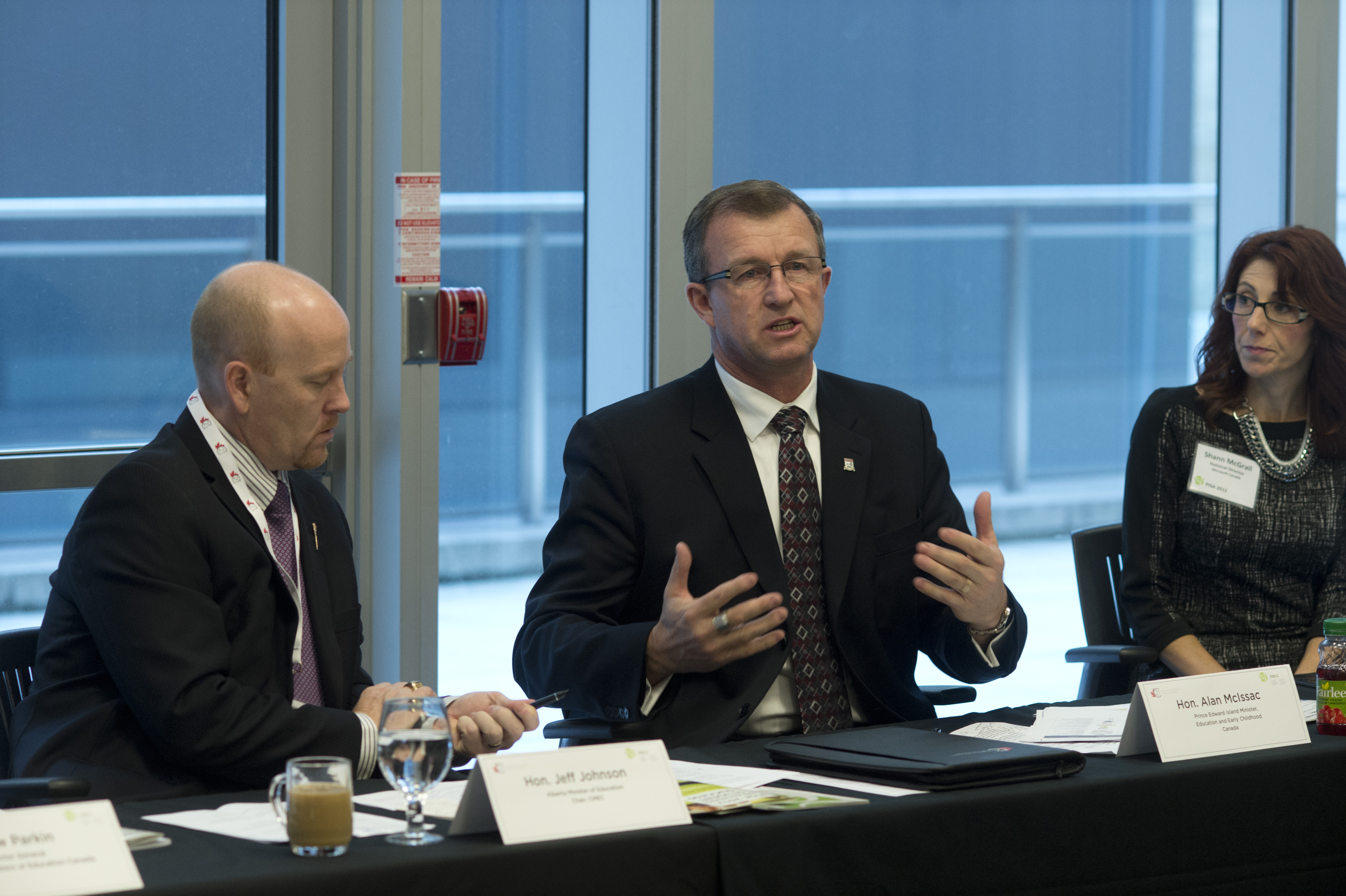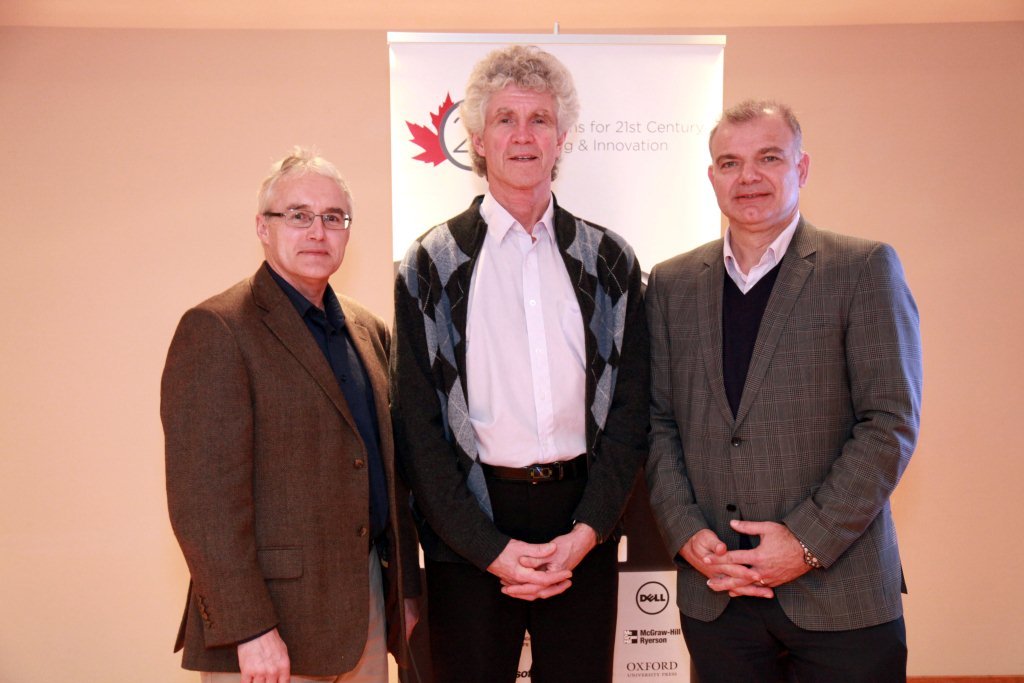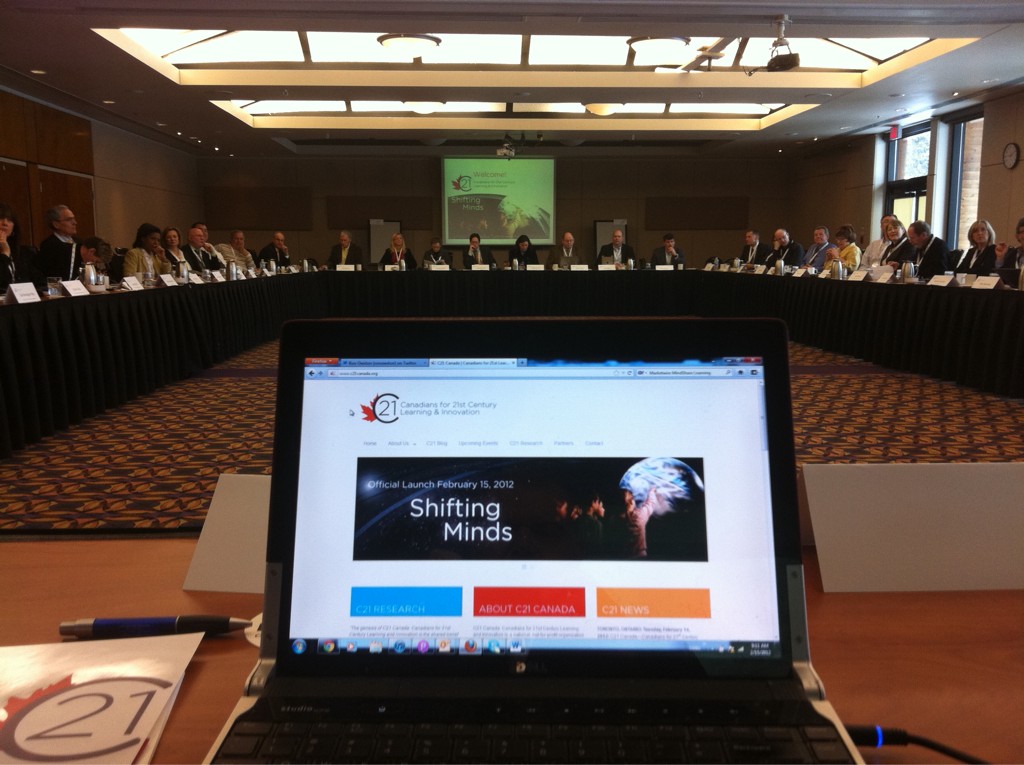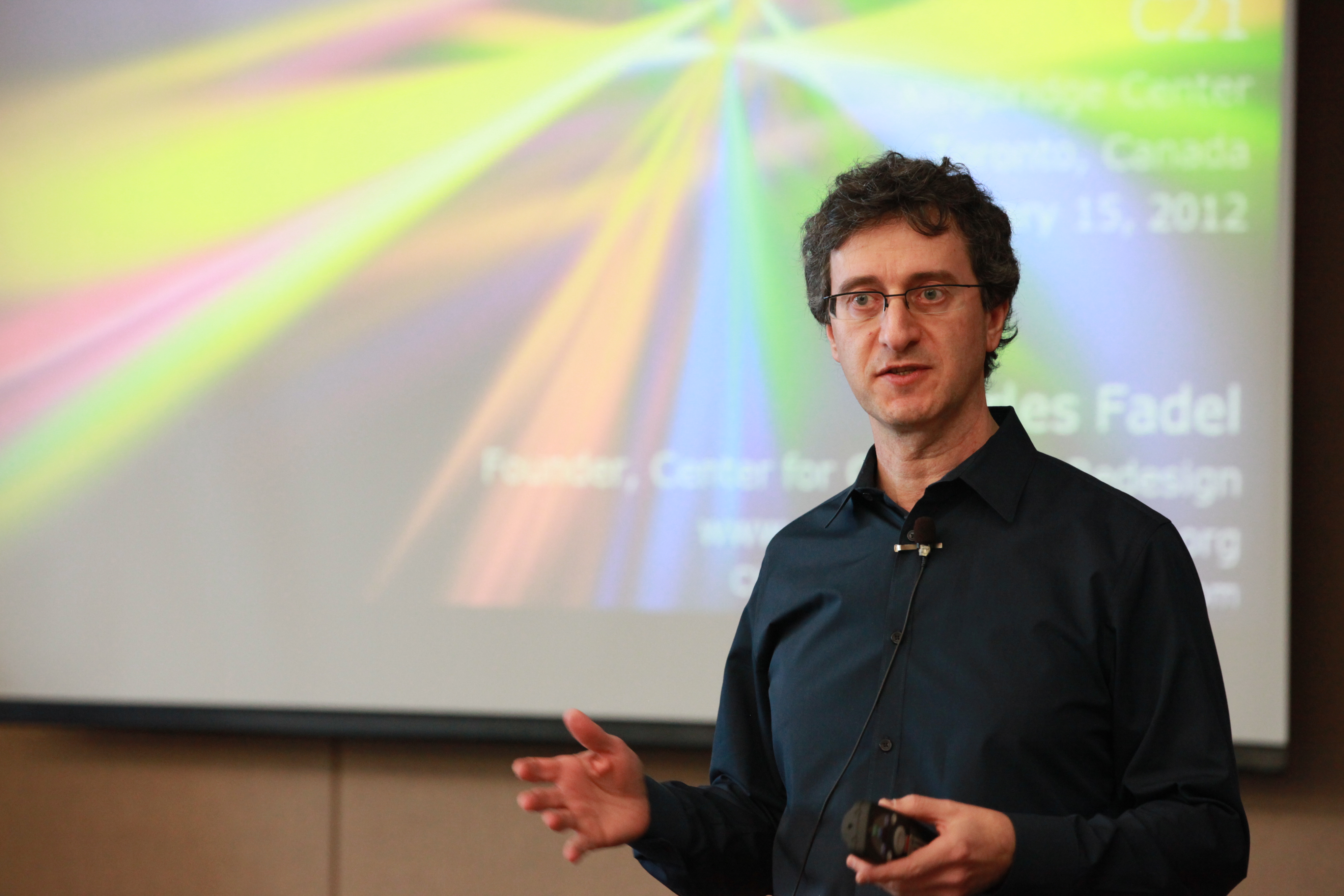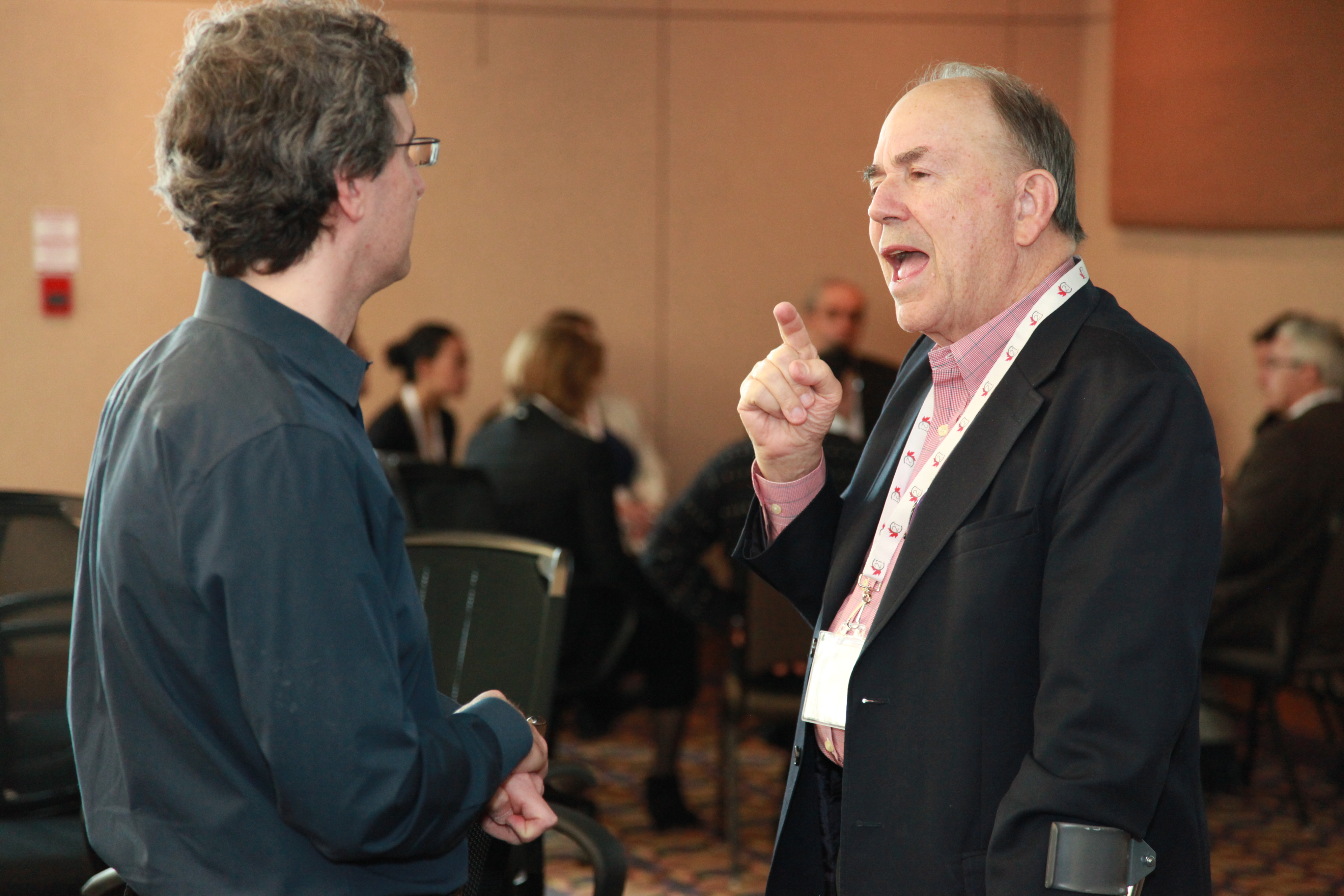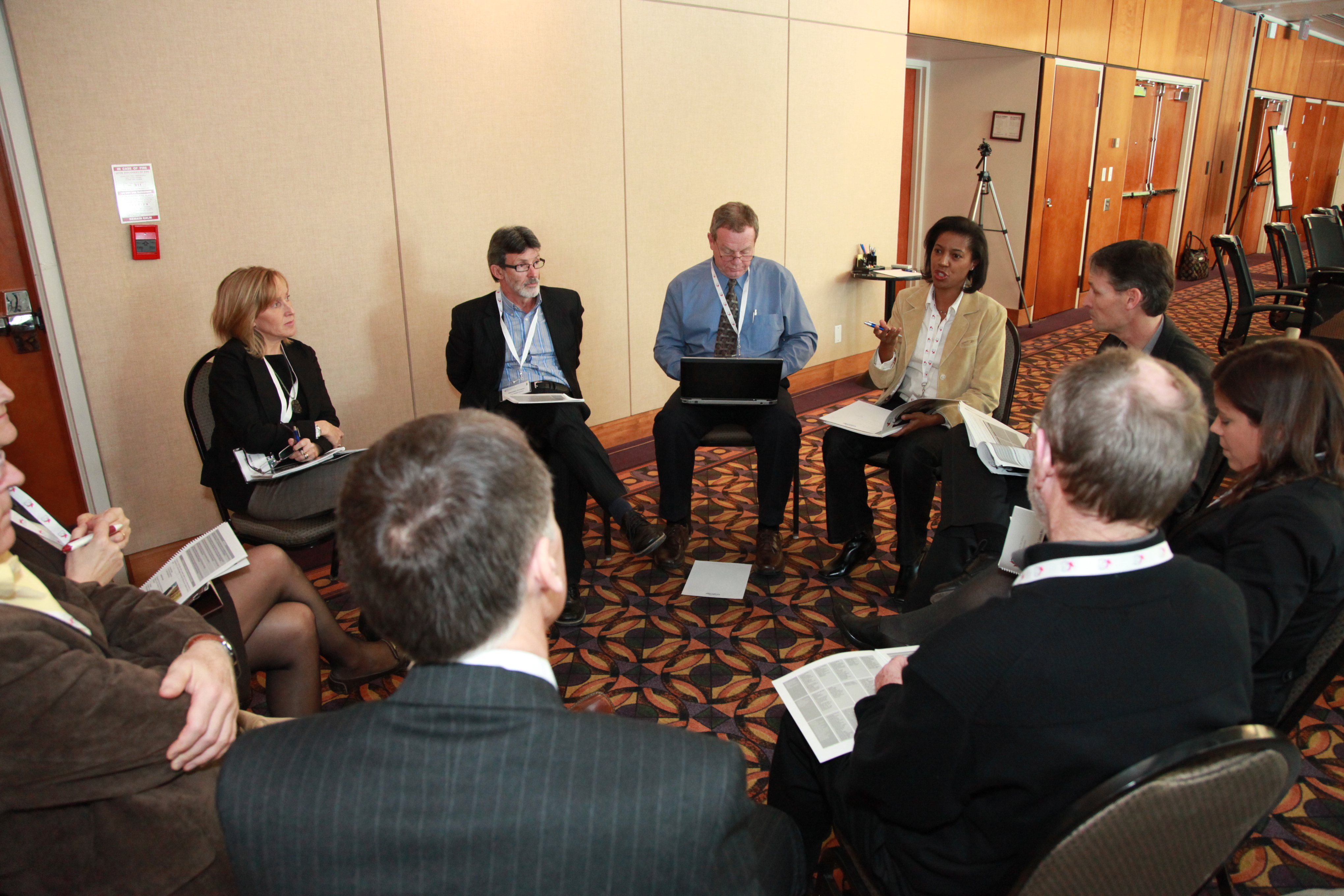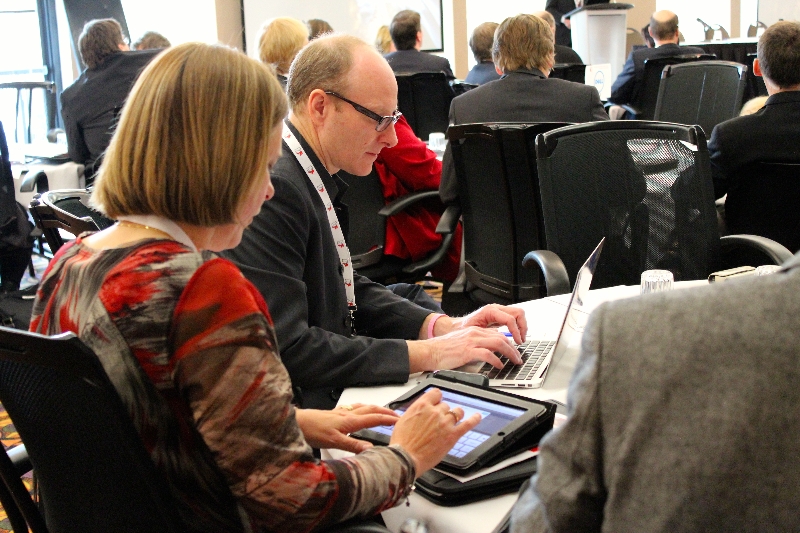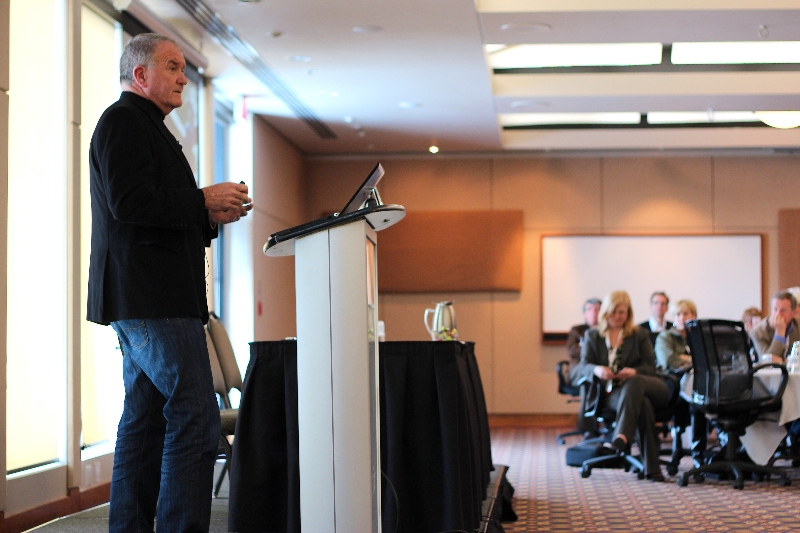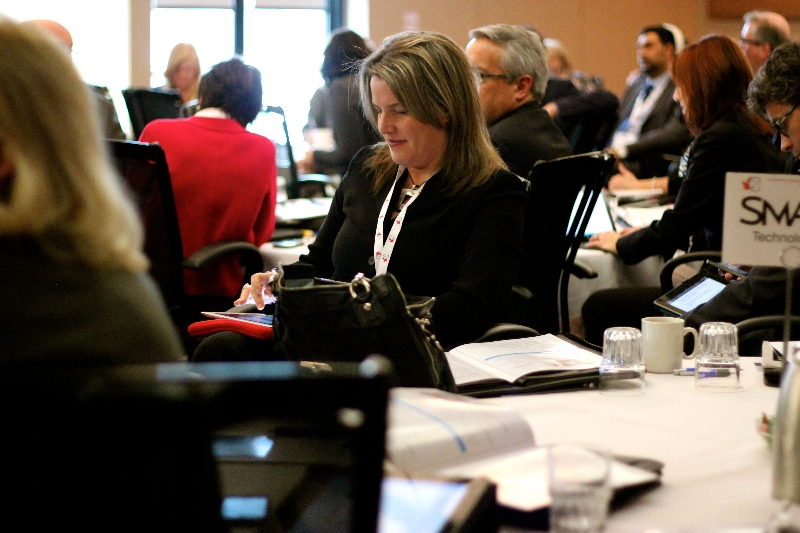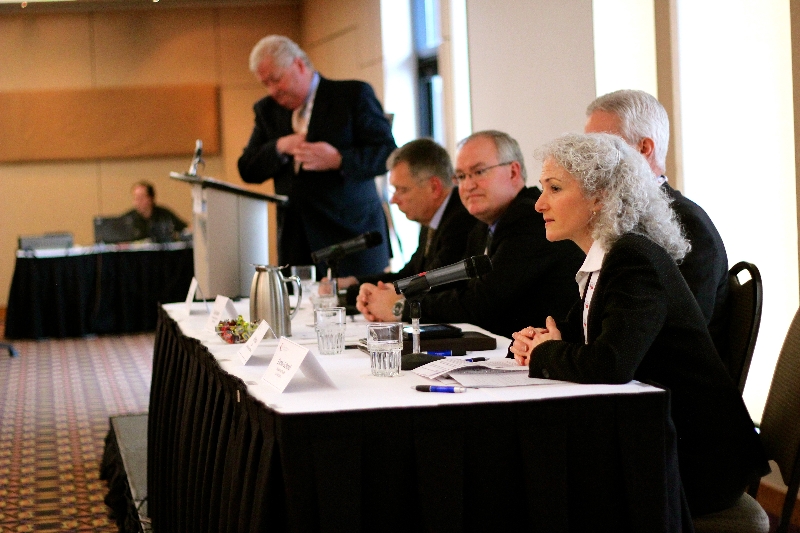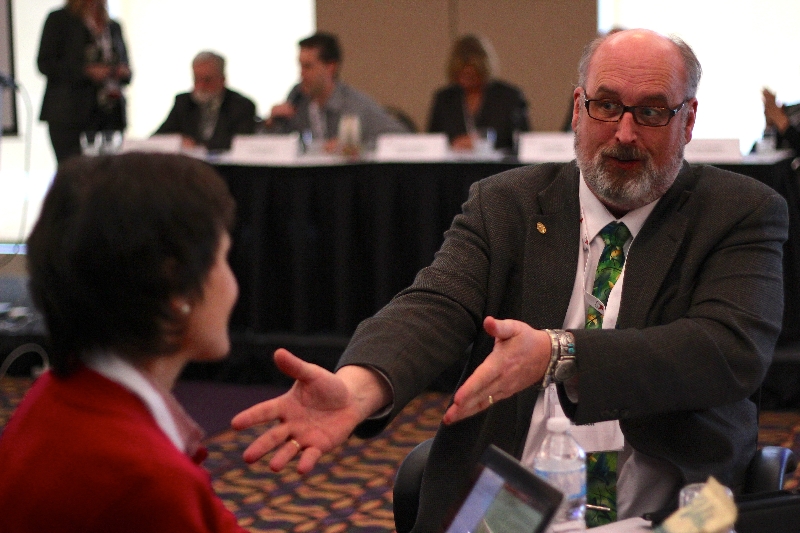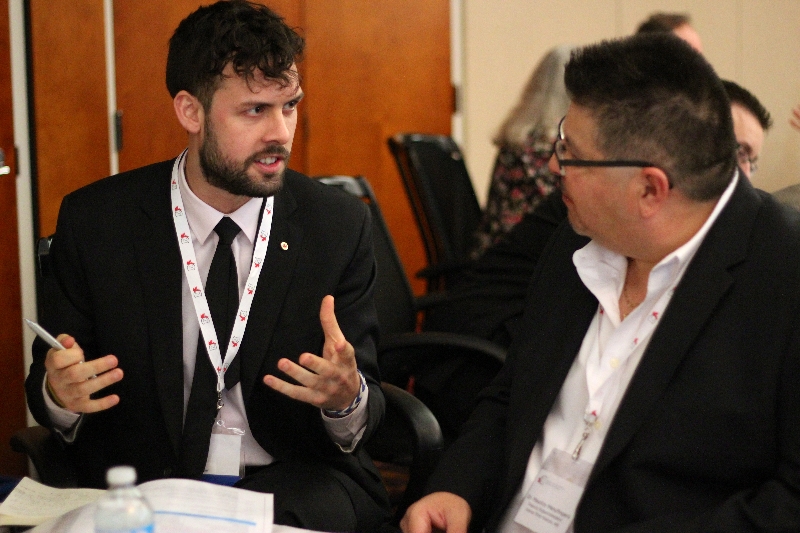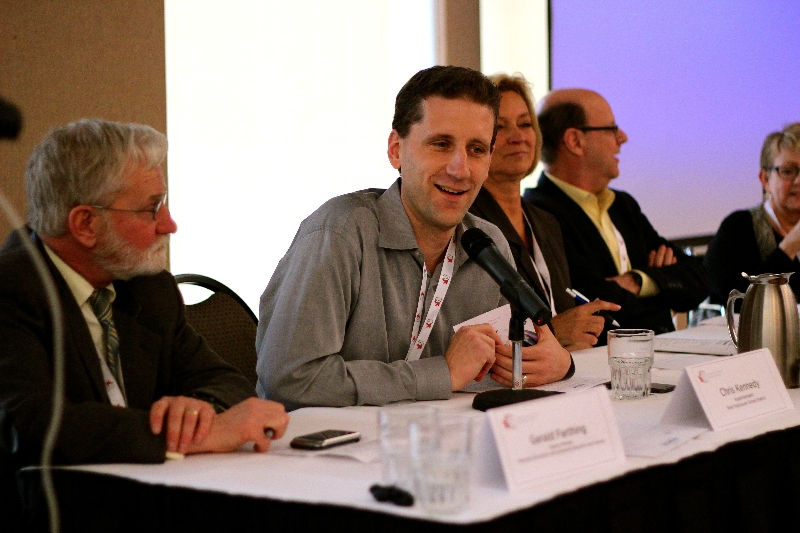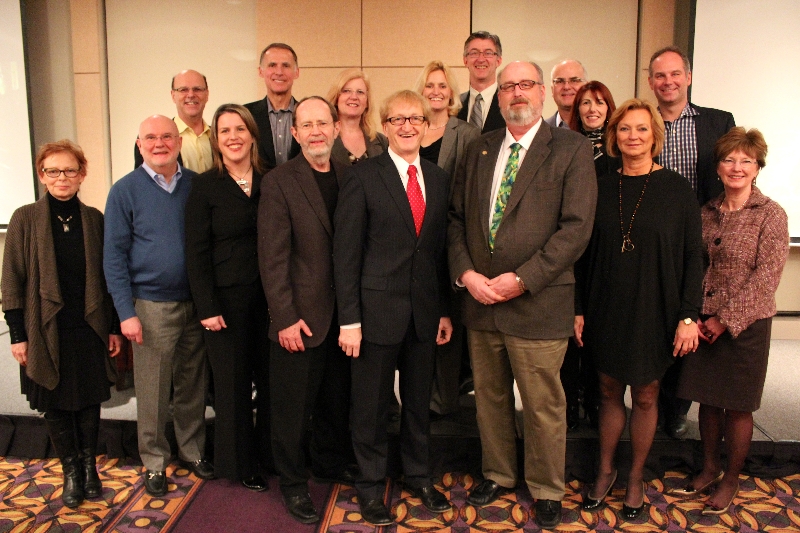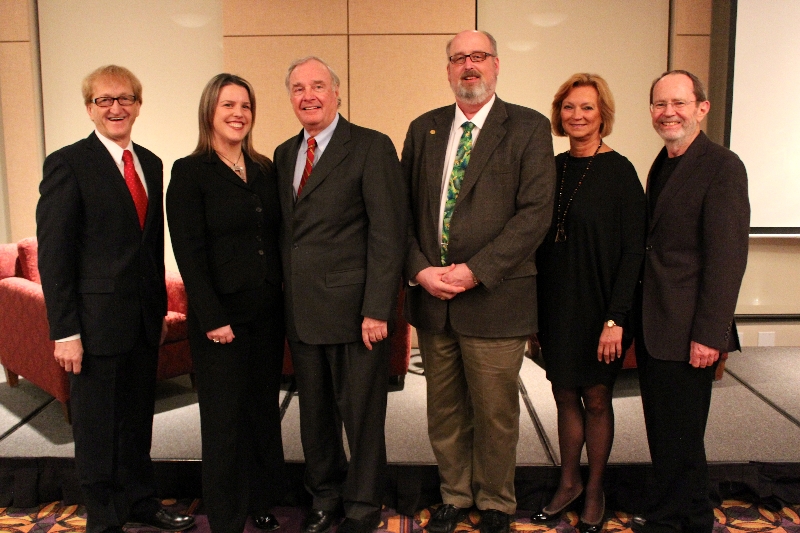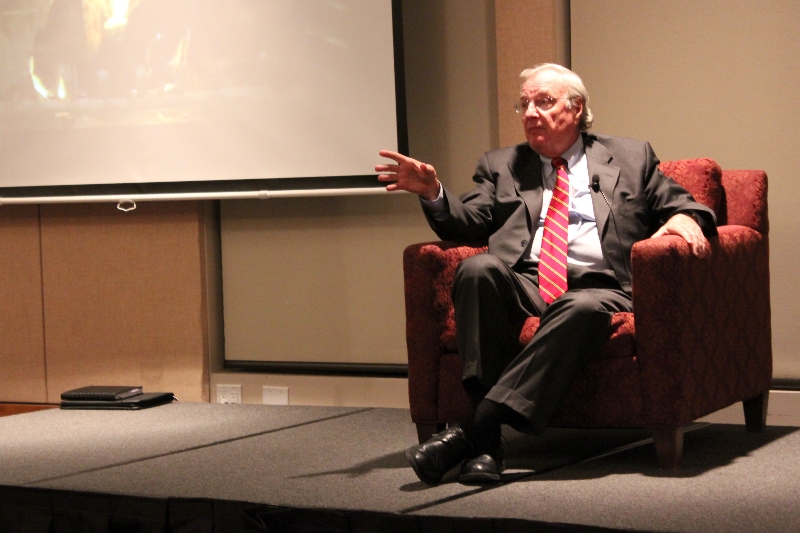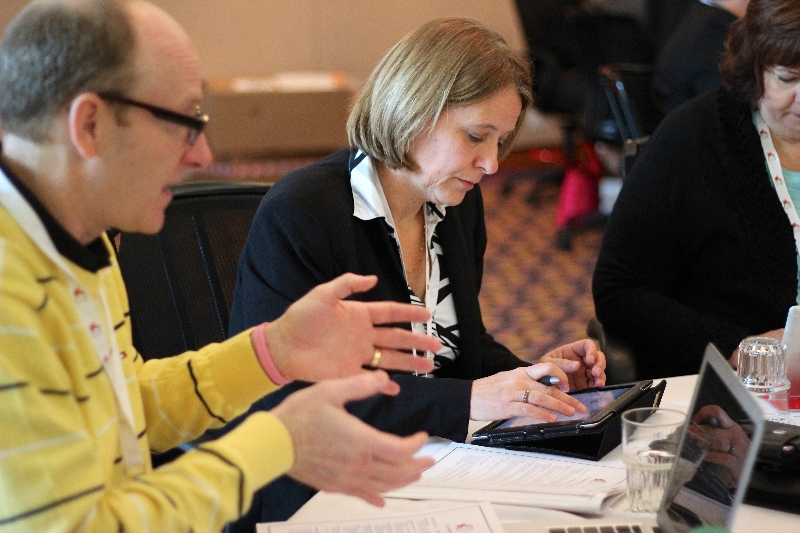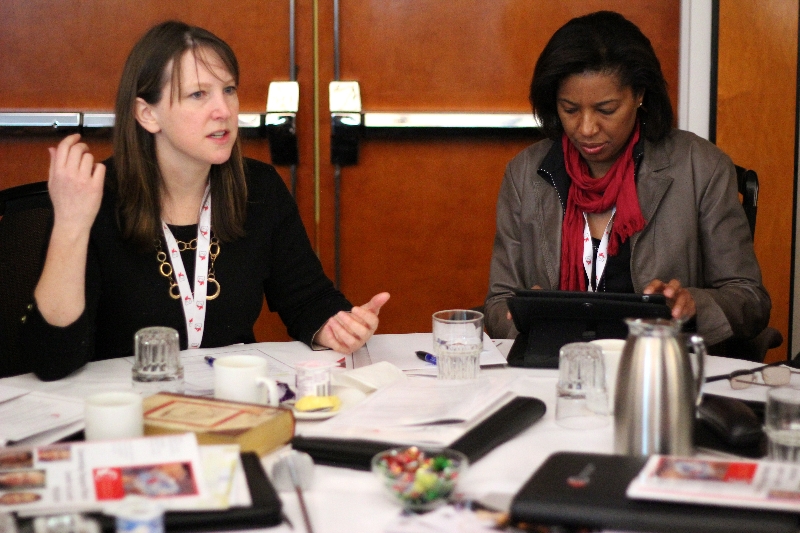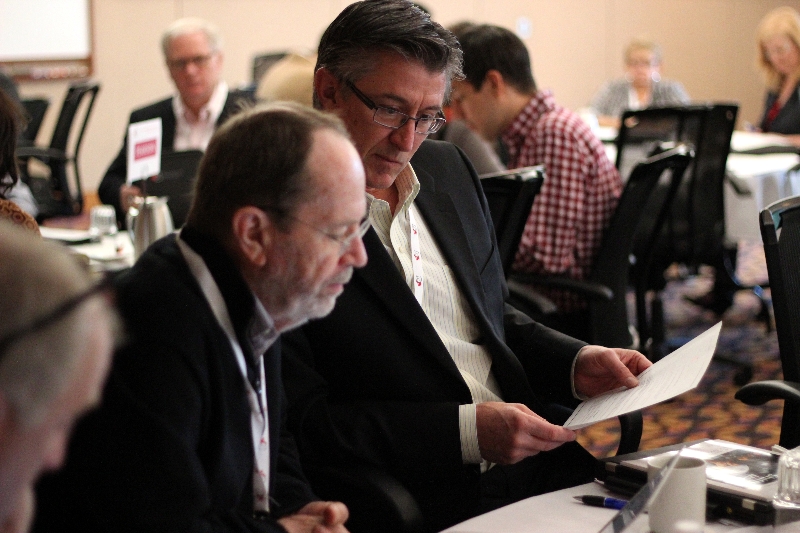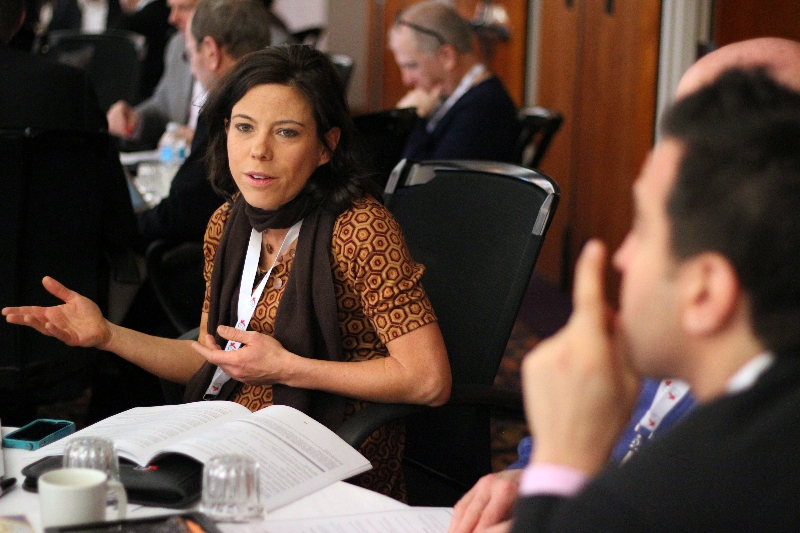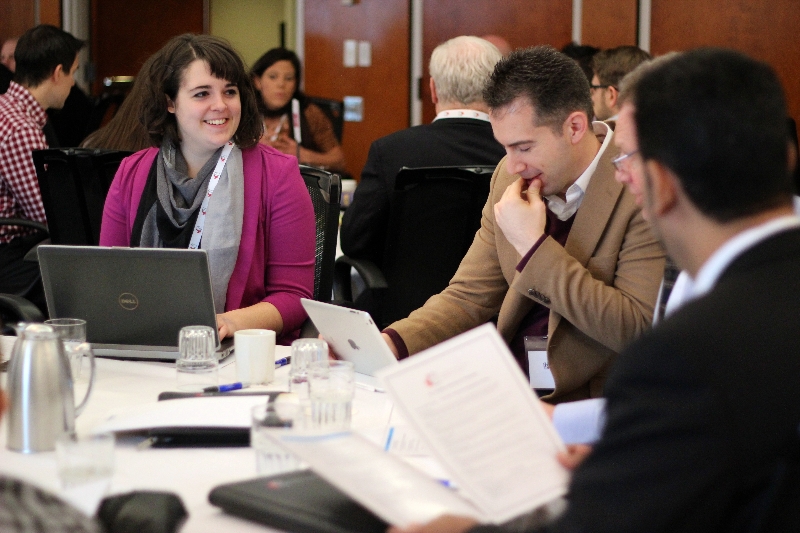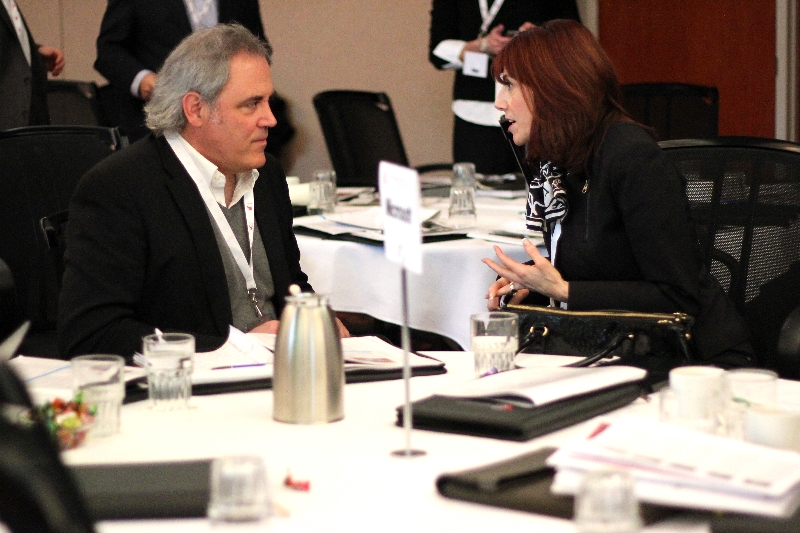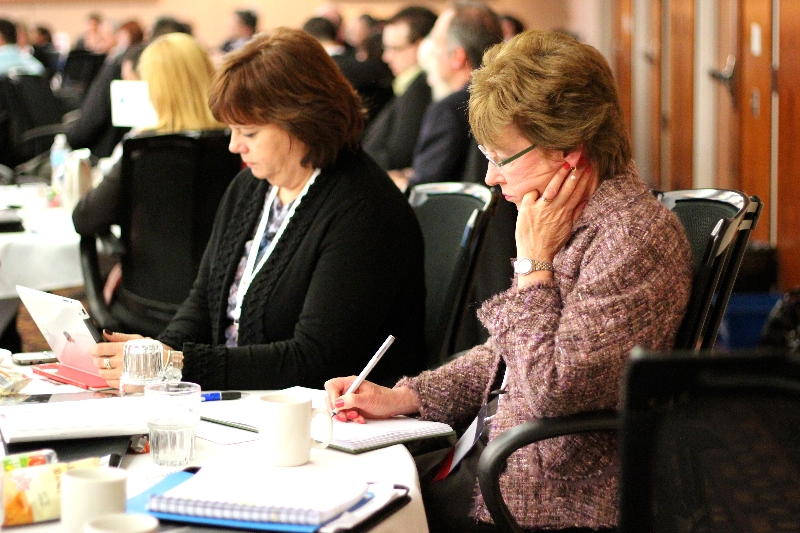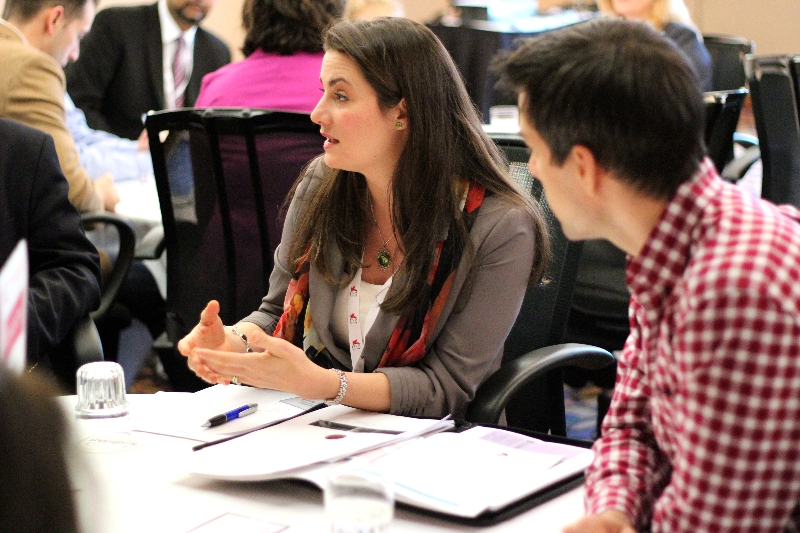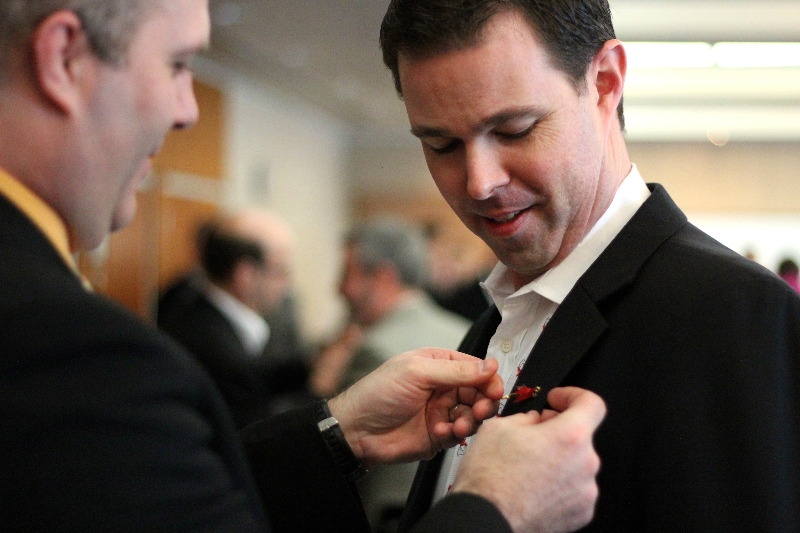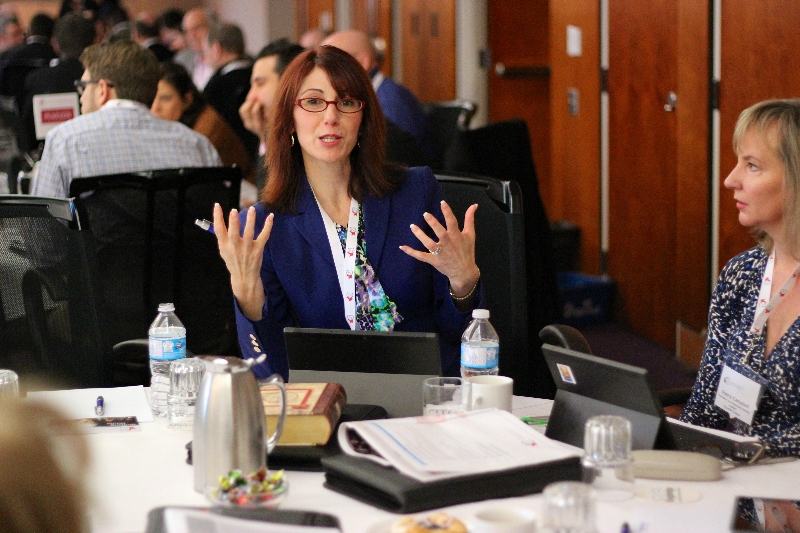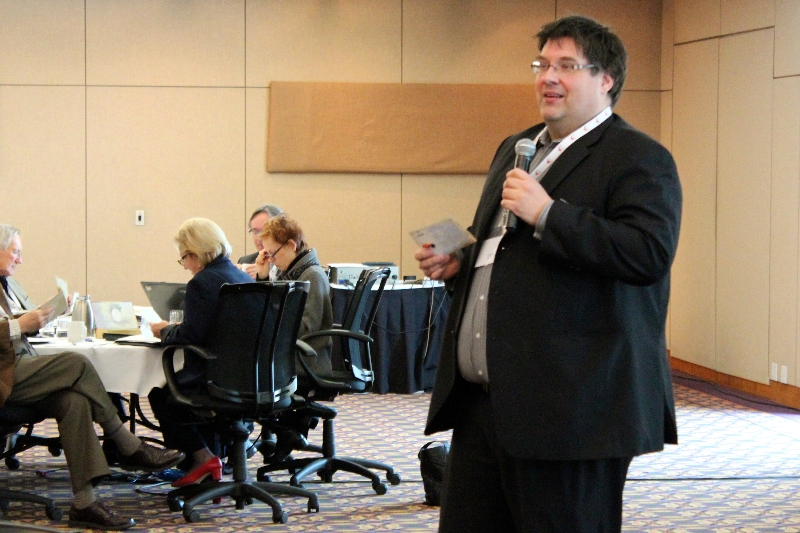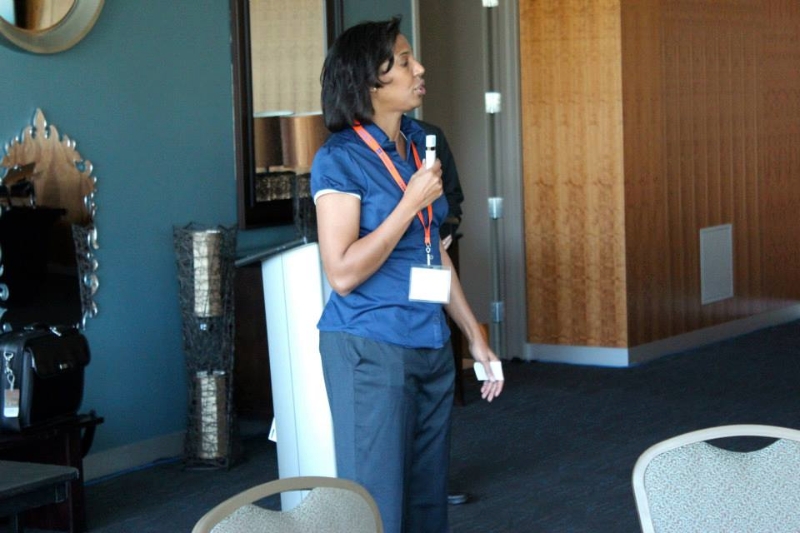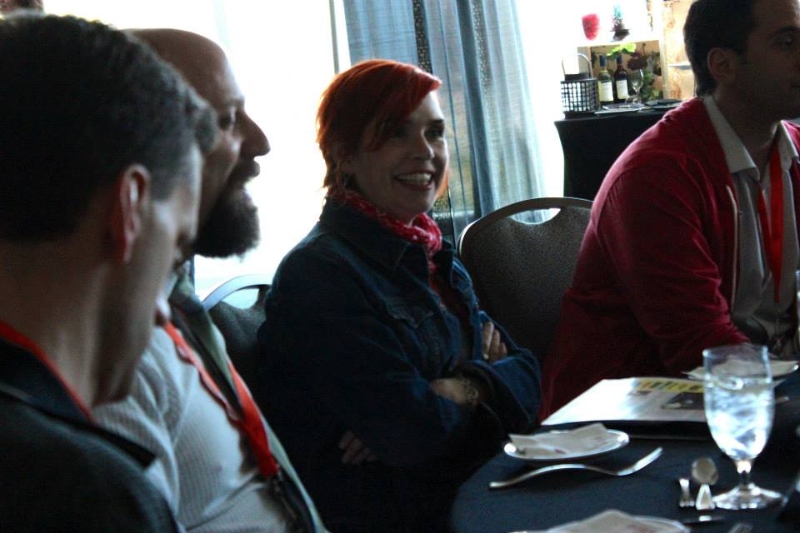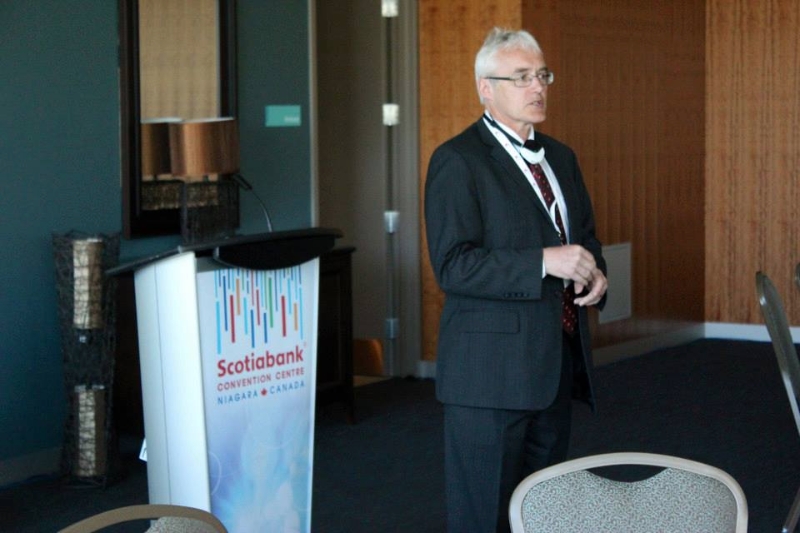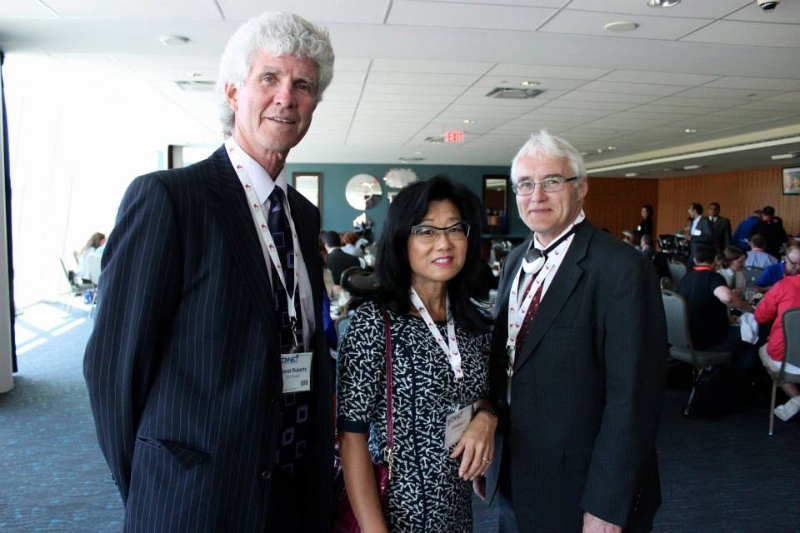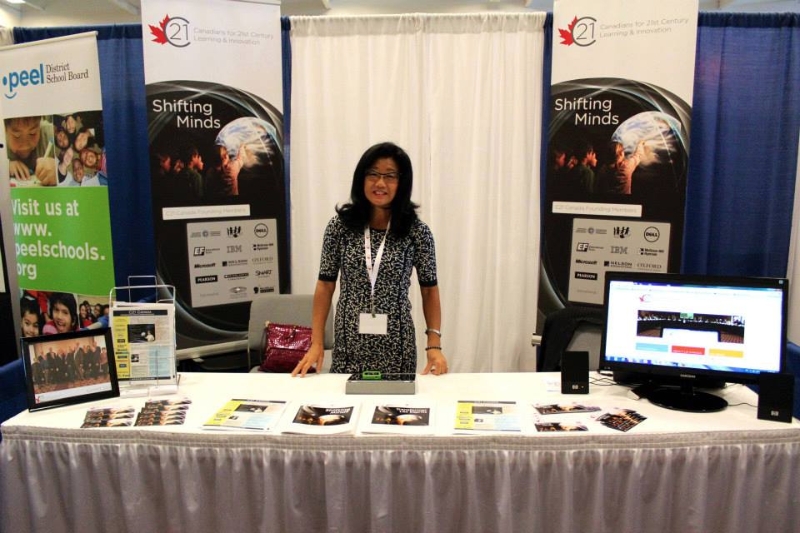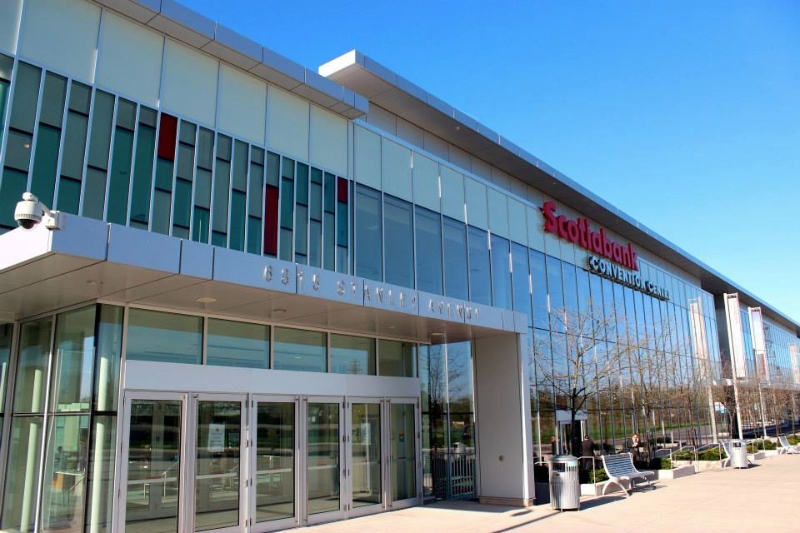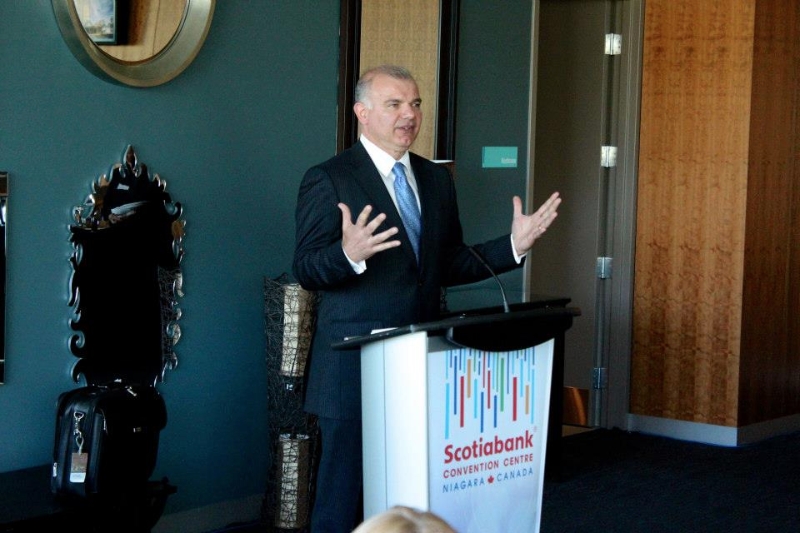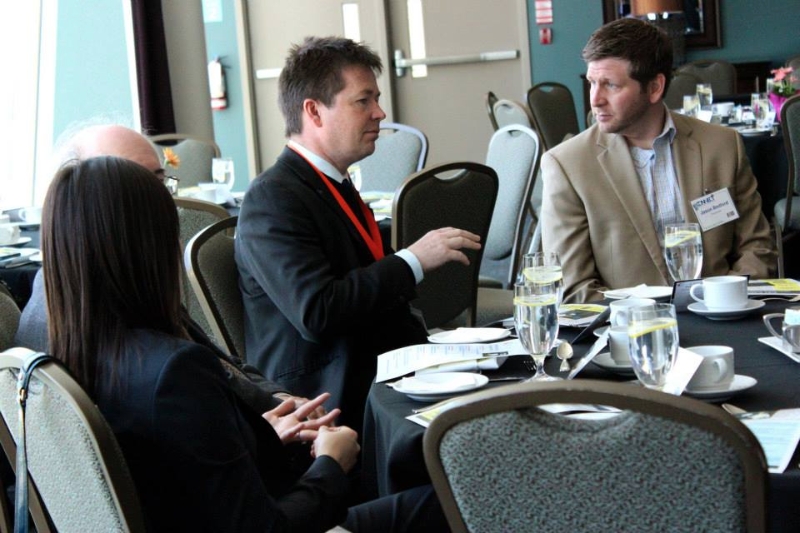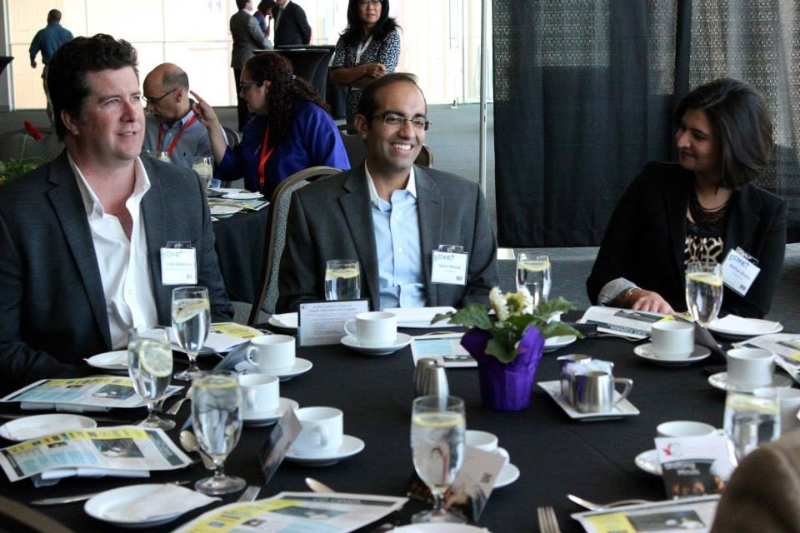 Guest blogger Chris Kennedy, Superintendent of Schools and CEO with the West Vancouver School District, writes about the need for national engagement in education. He regularly writes at Culture of Yes.
Guest blogger Chris Kennedy, Superintendent of Schools and CEO with the West Vancouver School District, writes about the need for national engagement in education. He regularly writes at Culture of Yes.
In reading the Programme for International Students (PISA) results, Canada is broken up by province, while all other nations report as countries. Of course, this speaks to the responsibility of education in Canada as a provincial matter while in most countries, it has some Federal coordination. While it is a provincial matter in Canada, there are times where some national engagement is important.
We often look to Finland (guilty as charged with these posts 1 and 2) as a possible model for the way forward, and look to the United States as a model we dare not, or want to, emulate (Many in Canada worry that Texas curriculum or online learning from Florida will make its way north). Yet, we spend very little time learning from other provinces. We know far more about reform in New York than we do in Winnipeg, and about improvements in Helsinki rather than Ottawa. It is quite interesting how we look outside of BC (and I think across Canada) for learning partners, examples to follow or avoid, without fully engaging in conversations across this country.
There are some efforts and organizations trying to bridge this gap. The Canadian Education Association (CEA) has been in existence since 1891, bringing together educators from a variety of roles across the country and advancing ideas for greater student and teacher engagement. This past week CEA’s Chief Executive Officer, Ron Canuel, launched a challenge around Why Do We Need Innovation in Education? The CEA has a series of projects to link jurisdictions across the country including several awards programs and a series of national research reports.
Other nationals include C21 Canada, shaped somewhat after the P21 Organization in the United States, is a not-for-profit organization advocating for the 21st Century models of learning in education, and has recently released Shifting Minds: A Vision and Framework for 21st Century Learning in Canada. Another organization, is The Learning Partnership, a national charitable organization dedicated to championing a strong public education system in Canada through innovative programs, credible research, policy initiatives, executive leadership and public engagement. Two of their more recognizable programs include Take Your Kid to Work Day in November and Welcome to Kindergarten.
There are also a number of other national organizations including the Canadian School Board Association (who will host their national conference this coming July in Vancouver), Canadian Association of Principals, the Canadian Teachers Federation and the Canadian Association of School Administrators. Clearly, there are no shortage of education organizations working at a national level.
So, returning to my original question, and my interest in writing this — somehow, we need to have more conversations linking education work across the country. There are huge learning opportunities from other jurisdictions and while there is value in learning from Finland, Singapore, or New Zealand, there are also great possibilities in learning from our fellow provinces, many of which join BC at the top of the PISA scales. Whether it is the Inspiring Education efforts in Alberta, the work in assessment and evaluation coming out of Manitoba or the early learning lessons from Ontario, among many others, there is a lot to share.
I have also noticed another shift in the BC Education mindset in recent years –our schools are becoming less competitive with one another, and I also think the same holds true for our districts. There is no pride taken when one community in BC struggles, while others flourish; we do need to move this to a national conversation and a real sense of national ownership. This is more challenging, but is a laudable goal.
We should/will keep learning and networking with countries around the world, because that is what one needs to do as part of a global conversation, but this should be alongside rich, national conversations on the same topics.
I am part of a free event this coming Friday morning (November 30), that will try to view education through a national lens. The Action Canada Public Dialogue: Challenges and Change in Canada’s Education Systems is at the Work Centre for Dialogue in Vancouver. The event, moderated by Tom Clark, Chief Political Correspondent, and Host of the West Block on Global TV, hosts three panels: Standardized Testing in Canada: Real Accountability or an Illusion of Success?, Teaching Questions Not Answers: Adapting Canada’s Education System for the 21st Century, and Who Cares About Young Caregivers: Children’s Rights and Education. I will be part of a five-member panel on the 21st century system question. Full details are available here including registration information.




